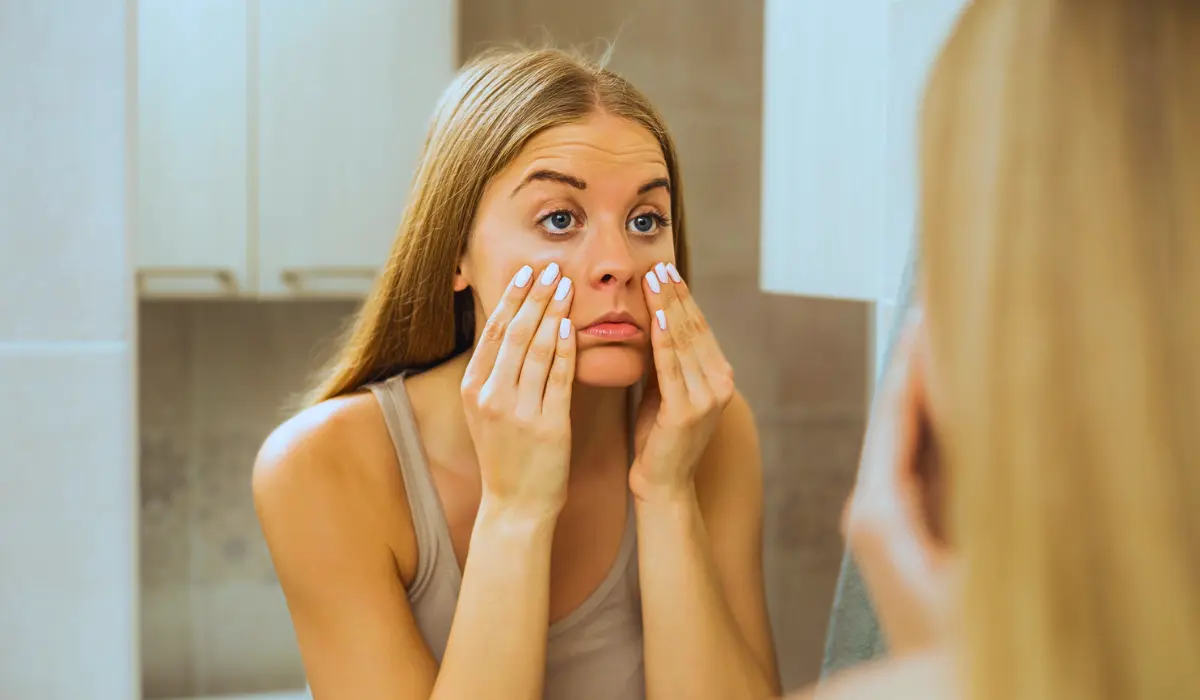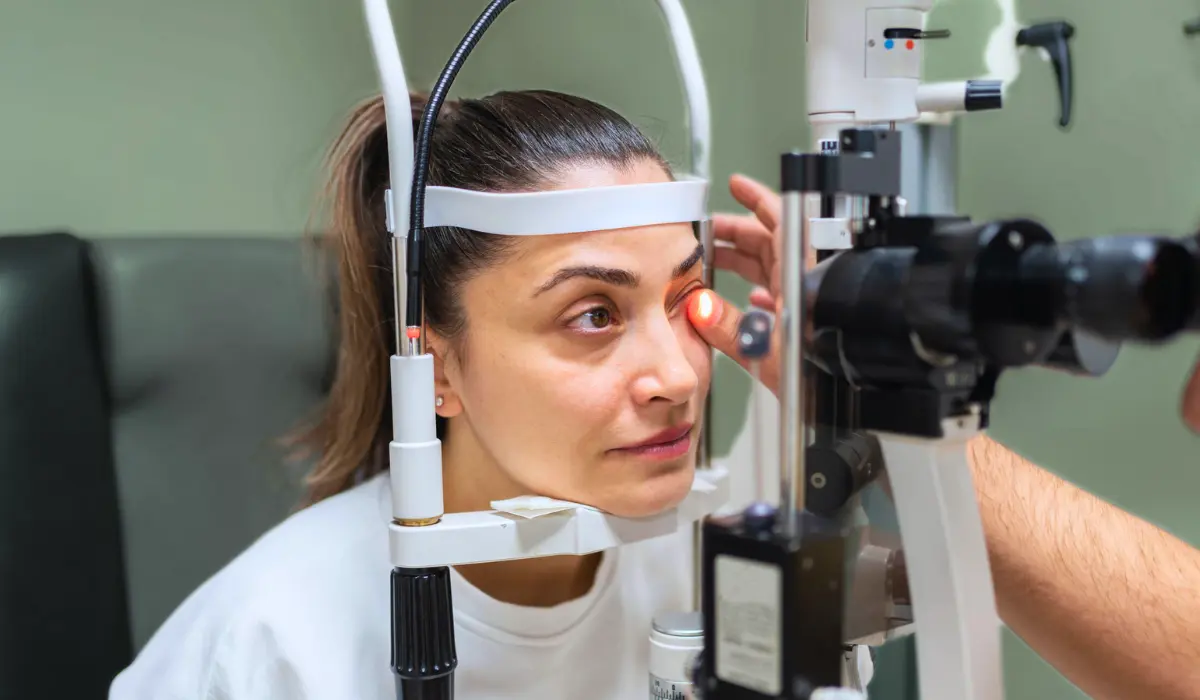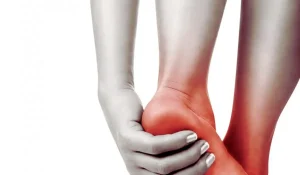As we all know, eyes are essential to perform our daily activities. Eye problems or vision loss can cause drastic changes in our lives and get very difficult. So, it is vital to maintain eye health to have healthy and clear vision.
Ensure you go for regular examinations, as it helps correct vision, detect eye problems early, and prevent vision loss. Also, adding a few healthy habits and routines will help maintain eye hygiene, which prevents eye problems and improves vision.
What Deficiency Causes Eye Problems?
The causes of eye problems can vary, but what deficiency causes eye problems? Vitamin deficiencies or decreased intake cause eye problems and various other health complications. Vitamins may not be sufficiently produced in our body, and they should be made up by consuming food that is high in vitamins.

Vitamin A deficiency is the most common reason behind eye problems. Vitamin A is important for vision, immune system, growth and development, heart health, reproduction, and more. A deficiency in Vitamin A can lead to blindness, infections, and even death.
Not only Vitamin A, but deficiencies of Vitamin B12, Vitamin D, Vitamin C, Vitamin E, and zinc also cause vision problems. Not having enough vitamins and nutrients can lead to blurred vision and irritated eyes.
Vitamin A deficiency leads to blindness as the cells responsible for night vision rely on Vitamin A to function. Thus, it causes various eye problems, like dry eyes. Vitamin B or B12 deficiency causes dry eyes or infections in the front of the eyes. It can also lead to retinal bleeding or destruction of nerve tissue, resulting in permanent vision loss. Vitamin C deficiency causes sub-conjunctival hemorrhage or blood in the eyes. It does not often lead to vision loss, but if untreated for a long time, it can cause various problems.
What Are The Other Causes Of Eye Problems?
Balanced nutrition is vital for healthy eyes and eyesight. Nutritional deficiencies are the most common cause of eye-related issues. However, there are plenty of other factors that cause vision problems, such as;
- Infection
- Allergy
- Vitamin deficiency
- Chemical irritants
- Genetics
- Diabetes
- Aging, UV rays
- Smoking
- Glaucoma
How To Prevent Eye Problems?
You can take several safety measures to prevent eye problems and vision loss. Adding more vitamins helps improve eye health. Taking external supplements also helps replace the missing vitamins. Changing the diet type will help prevent future eye problems. Also, the following steps will help lower the risk of eye problems;
- A healthy diet:
Adding enough vitamins and nutrients will help prevent eye-related problems and improve vision health. Having a healthy diet rich in fruits and leafy vegetables works wonders to keep the eye healthy and strong.
- Having regular eye checkups:
Regular checkups can help prevent and treat eye problems sooner. A detailed examination will ensure that the eyes are healthy and free of diseases or infections.
- Wearing protective eyewear:
Ensure to wear protective glasses while playing sports or doing any other activities at home. Protective glasses are made of polycarbonate, which is stronger than plastic. It helps protect the eyes from damage or accidents.
- Giving eyes a rest:
Try not to strain your eyes with too much screen time. Take a break from screentime and try to follow the 20-20-20 rule, which is looking away about 20 feet in front for 20 seconds.
- Quitting smoking:
Smoking not only causes harm to the body but the eyes, too. Smoking increases the risk of age-related macular degeneration, optic nerve damage, or cataracts that can cause permanent vision loss.
- Maintaining healthy blood sugar levels:
Those with diabetes have a higher chance of getting eye problems. Managing blood sugar levels will help prevent blindness or poor vision.
- Managing weight:
Obesity increases the risk of diabetes, vision problems, and other health complications. So, maintaining a healthy weight will not only help stay fit and healthy but also free of health complications.
- Cleaning the hands before using contact lenses:
Keep your hands clean before touching your eyes to prevent infections. Also, wash your hands thoroughly before using contact lenses. Be careful while using contact lenses to keep your eyes safe and healthy.
Also Read: What Is Commonly Misdiagnosed As Pink Eye? Facts To Know!
Conclusion
The eyes are an important part of our health, so maintaining eye hygiene is necessary. If we don’t take care of our eyes, it can lead to permanent vision loss. Often, children are prone to eye problems and vision loss due to vitamin deficiencies. So, having a healthy diet rich in vitamins and minerals will help prevent eye problems and improve vision health for children and adults.
Vitamin A deficiency has been known as the common cause of blindness in children around the world. However, deficiencies in Vitamin C, Vitamin E, Vitamin B12, Vitamin D, and Zinc also lead to various eye problems. It can cause bleeding in the eyes, make them dry, irritate, cause blurry vision, and permanent vision loss, too.
Taking measures like having a vitamin and protein-rich diet, regular checkups, exercise, and using protective eyewear helps prevent damage to the eyes while supporting clearer vision.







